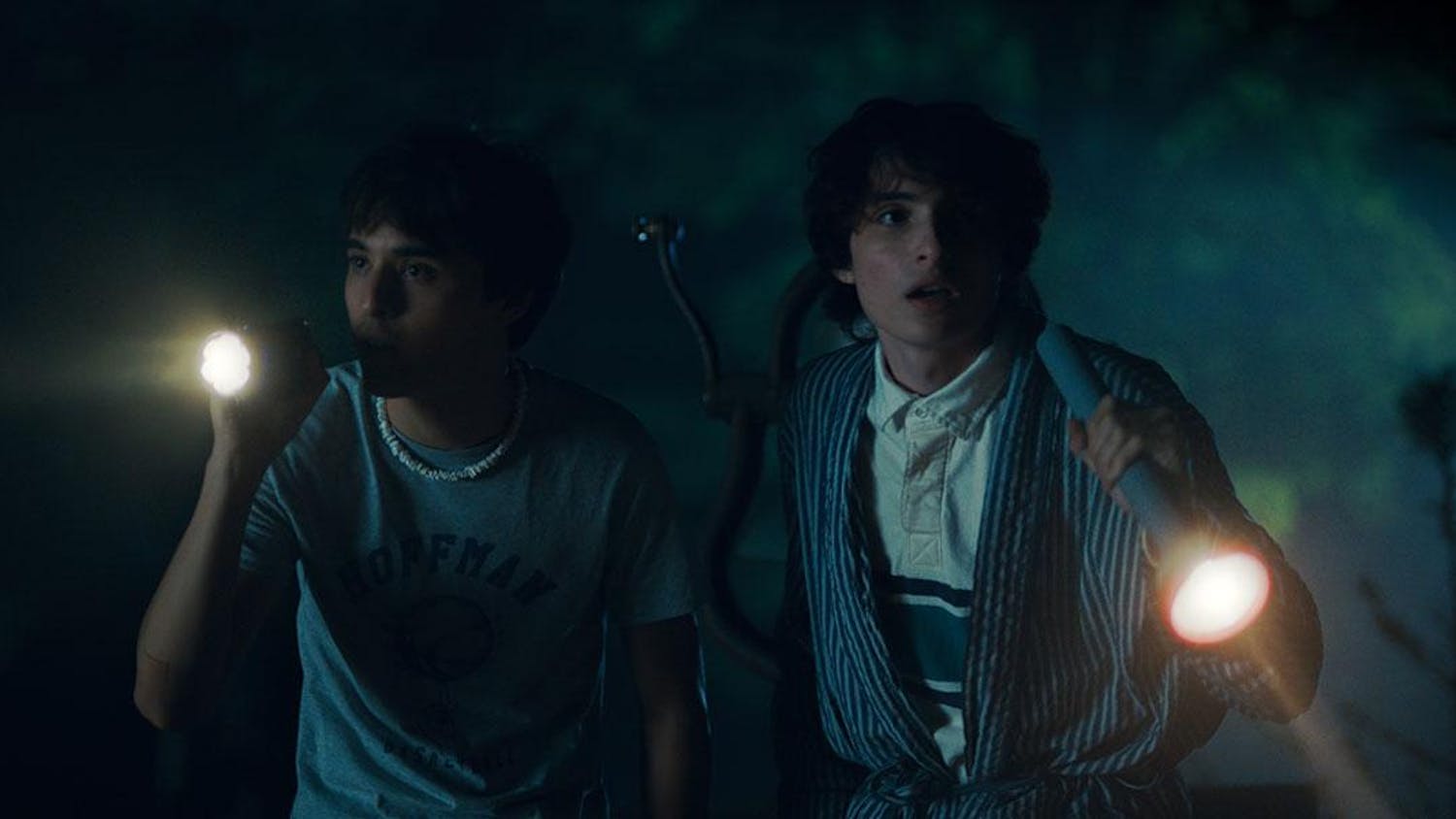
Politically charged horror films are a tricky balancing act: if you focus too heavily on the horror elements, you’ll lose the subtext you’re trying to project. Conversely, prioritizing politics can lead to a preachy film devoid of anything remotely terrifying. That’s not say it can’t be done; David Cronenberg and George Romero have been doing it for decades. However, we end up with more films like The Purge, delivering ham-fisted political commentary without subtlety or nuance.
It’s all the more surprising to see comedian-turned-director Jordan Peele deliver not only a socially conscious thriller in his debut film Get Out, but also a brilliant horror comedy.
The film centers on a young couple, Chris Washington (Daniel Kaluuya) and Rose Armitage (Allison Williams). After several months of dating, Rose takes Chris to meet her parents. Chris is apprehensive since Rose hasn’t told them that she’s dating a black man. While her parents seem accepting of their relationship, Chris notices something off and uncovers a sinister conspiracy lurking beneath the surface of their community.
What Get Out may lack in plot set-up, it more than makes up for in execution and subversion of expectations. Once Chris steps into the Armitage’s home, we are eager to know why everyone is acting strange. There’s no M. Night Shyamalan-esque twist supplanting the reveal, but Peele isn’t concerned. He’s interested in the build-up to the heart-stopping climax. The film is paced deliberately, developing Chris’s backstory and the Armitage’s personalities appropriately. The first act of the film plays out like a quirky romantic comedy; the girlfriend’s parents must come to accept her daughter’s suitor. It creates a false sense of calm, causing the film to shock you when it delivers the horrific goods.
The film takes a few unexpected twists, primarily in Chris’ character. Horror films get a bad rap for their reliance on clichés and actions in the name of cheap jump scares and contrived death scenes; however, Chris is perceptive and tries to make sense of the situation. This intelligent scriptwriting imbues a sense of realism and logic to the film.
The trailers make the picture a dark mystery that’s played completely straight, but there’s also a masterfully executed balance of comedy and horror. The comedic elements punctuate darker moments, offering the audience a few moments of levity to catch their breath and process what’s happened before being yanked back into the darkness. It never degenerates into slapstick routine or spoof territory, such as Abbott and Costello Meet Frankenstein or Student Bodies. Instead it focuses on the inherent comedy of the situation to create a seamless flow between genres.
The horror is effective because it’s grounded in something real, specifically the tumultuous social climate in America today. It’s said that movies are a product of their time, but Get Out’s message is terrifying precisely because of how little has changed. Themes of neo-slavery, eugenics and cultural erasure are interwoven, while the horrors-lying-just-beneath-the-surface-of-peaceful-white-suburbia concept isn’t new for the genre. Peele’s black protagonist certainly is, representing an outsider who feels alien in this community.
The glue holding the whole film together is Kaluuya. Chris is a fantastic protagonist because he’s an everyman. Kaluuya plays the character as reserved yet resourceful. Chris feels like a real person rather than a cipher. Comedian Lil Rel Howery is a delight in the small supporting role of Rod, Chris’ friend. The two have great comedic chemistry and their banter makes for some of the film’s best moments.
Get Out has no right to be as good as it is considering the background of its director and the fact that it’s his debut film. Perhaps it’s Peele’s penchant for biting social satire that made him the perfect choice to head such a project. It’s a fresh concept from an unlikely talent that left me unnerved. Raising the specter of racism and prejudice, it dares to suggest that the horrors of the past aren’t so far behind us after all.
Grade: A









